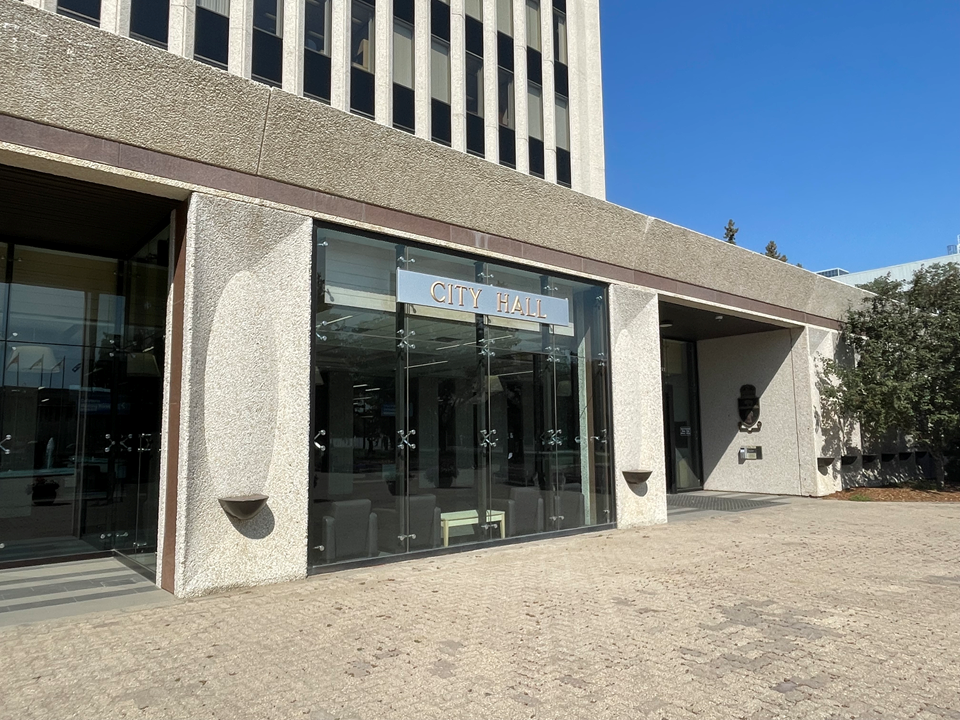REGINA — The City of Regina could reallocate carbon tax savings towards its Energy & Sustainability Framework (ESF).
A notice of motion has been tabled by Ward 8 Coun. Shanon Zachidniak for the Aug. 27 city council meeting.
Per approval, city administration would be directed to “monitor net savings resulting from the cancellation of carbon pricing charges and, as part of the 2026 budget, reallocate the forecasted 2025 net savings to projects aligned with the ESF.”
These projects include climate adaptation infrastructure, renewable energy, conservation, energy efficiency and emissions reductions.
This week, an update on Regina’s ESF outlined the city is falling behind on its target to reduce greenhouse gas emissions by 52 per cent by 2030.
A significant reason behind this is the lack of resources available to advance ESF-related projects.
Several projects are currently behind schedule, including adding rooftop solar power to all existing buildings, achieving a 10 per cent reduction in water and wastewater consumption through behaviour change, and ensuring 100 per cent of new light-duty ICI-use vehicles purchased are electric by 2030.
The report also noted “to meet the interim 2030 emissions target, 22 of the 31 actions (or 71 per cent) needed to start immediately in 2022, and another five (16 per cent) were to initiate planning stages in 2023. Only four (13 per cent) were sequenced for planning initiation beyond 2025.”
Zachidniak’s motion also outlines new initiatives Regina would take, including updating stormwater utility fees to better reflect Saskatoon’s runoff-based charge for commercial properties.
Also included are limited or targeted exemptions for individuals and businesses who adopt clean energy practices, like solar power and other.
City administration would also be tasked with reviewing Regina’s parking fine structure, with new revenues dedicated to the transit fleet reserve to help support electrification of transit.
The motion further proposes “establishing a community advisory group, inclusive of residents, businesses, Indigenous leaders and sustainability experts, to monitor the implementation of the ESF and provide ongoing advice to council on priorities, progress and equity considerations.”
If approved, city administration would report back to the executive committee in early 2026 with implementations and recommendations.




